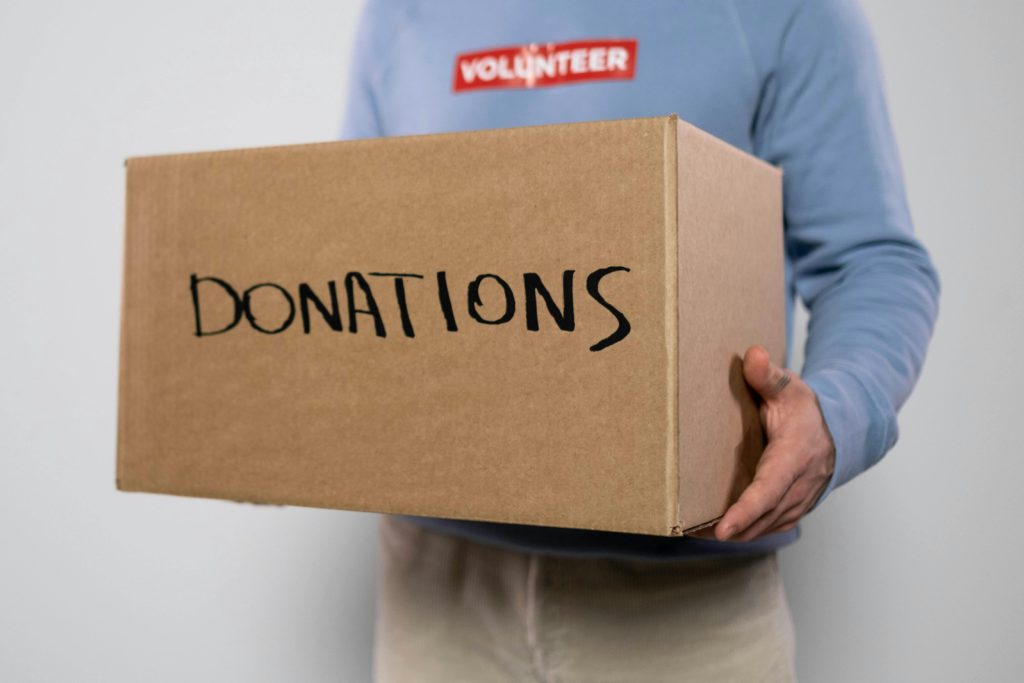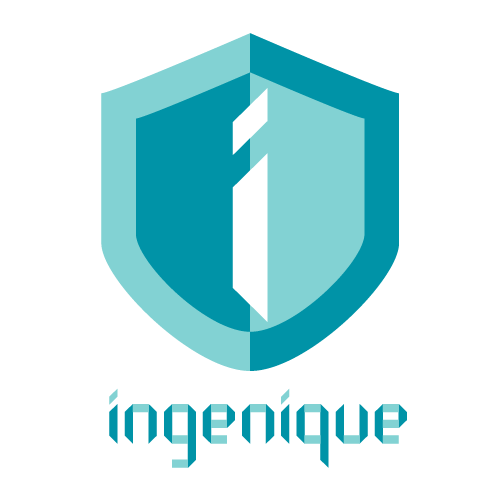
In the realm of combating financial crimes, the efforts of Anti-Money Laundering and Counter Financing of Terrorism (AML/CFT) have become indispensable safeguards for organizations across various sectors. While traditionally associated with financial institutions, the imperative for robust AML/CFT practices extends far beyond banking and into sectors less commonly associated with illicit financial activities, such as the charity sector.
Charity and non-profit organizations sector are not immune to exploitation by nefarious individuals seeking to misuse the organization’s funds for illicit purposes. The intersection of charitable giving and the potential for abuse poses unique challenges that demand a heightened awareness of AML/CFT protocols within the charitable landscape.
In this article, we delve into the specific risks the charities face, the AML/CFT due diligence measures for mitigation and the role of advanced technological solutions in safeguarding the integrity of their operations. By understanding and implementing robust AML/CFT frameworks, charities can not only protect their resources and reputations but also uphold their core mission of making a positive difference in the world.

Why Are Charities Vulnerable to Abuse?
From the decentralized nature of the operations to the diverse sources of funding they rely on, charities face a myriad of risks that can be exploited by money launderers, terrorist financiers, and other nefarious actors. Understanding these vulnerabilities is crucial for charities to strengthen their defenses and protect their resources and reputation from misuse. Here are some unique factors that make charities vulnerable to money laundering risks:
- Weak Governance with Decentralized Structure
Many charities operate with decentralized structures, often spanning multiple regions or countries. This decentralized nature, especially in areas with weak infrastructure and regulation, can create challenges in maintaining consistent oversight and control over financial transactions, making it easier for illicit funds to be disguised within legitimate activities. - Reliance on Donations
Charities heavily handle funding from individuals, corporations, and other entities. The diverse sources of funding can introduce vulnerabilities. Without proper due diligence on donors, charities risk unknowingly accepting funds that have been obtained through criminal activities. - Complexity of Transactions
Charitable organizations often engage in a wide range of financial transactions, including fundraising events, partnerships with other organizations, and grants for various projects. The complexity of these transactions can make it challenging to track the flow of funds accurately, providing opportunities for illicit actors to exploit loopholes or obscure the origins of illicit funds. - Lack of Resources
Charities with weak governance structures and financial controls are more vulnerable to abuse. Limited resources may lead to minimal expenditure and staff capacity on compliance processes, increasing the risk of overlooking due diligence checks on donors and recipients. - Misuse of Charity Name and Status
The reputation and status of a legitimate charity can be used by criminals to gain credibility and access to financial systems, making it easier to disguise illicit funds. This misuse tarnishes the charity’s reputation and can lead to legal repercussions.
AML/CFT Due Diligence in Charities
Due diligence involves verifying the identities of individuals, organizations, and transactions associated with your charity, assessing associated risks, monitoring transactions for potential suspicious activities, and maintaining auditable records. To protect your organization’s integrity, it is crucial to conduct due diligence on the following stakeholders:
- Donors: Understand their background and sources of funds, particularly paying attention to donors who make substantial or frequent smaller funds.
- Board Members: Ensure the integrity and trustworthiness of your leadership.
- Partners: Verify the legitimacy and reputation of entities you collaborate with.
- Vendors: Confirm the reliability and compliance of your supply chain.
- Volunteers: Maintain a secure and safe environment by vetting those who represent your cause.
- Beneficiaries: Ensure that funds and resources are directed to legitimate and deserving recipients.
Leveraging Technology for AML/CFT Compliance
Utilizing technology in your compliance efforts can significantly enhance charity organization’s ability to detect and prevent illicit activities. Here are some ways technology can assist:
- Efficient Screening: Efficiently screen donors, board members, partners, vendors, volunteers, and beneficiaries to ensure compliance with AML/CFT requirements.
- Continuous Monitoring: Keep track of changes in risk status to ensure ongoing compliance and timely identification of potential threats.
- Detailed Reporting: Generate comprehensive reports to satisfy regulatory requirements and internal audits.
- User-Friendly Interface: Simplify the compliance process with intuitive digital tools designed to streamline your workflows.
SentroWeb Anti-Money Laundering Software is one of such technology that provide comprehensive and up-to-date database for screening. By using SentroWeb, charities can make informed decisions, enhance risk management practices, and proactively mitigate threats to their financial integrity.
By integrating these technological solutions, charities can focus on their mission while ensuring they are protected against financial crimes. It’s not just about compliance; it’s about building a secure and resilient operational framework that fosters trust and transparency.
Conclusion on AML/CFT for Charities and Non-Profit Organisations
Ensuring compliance and safety for your charity is crucial in today’s rapidly changing landscape of money laundering and regulatory environment. Embracing technology in your compliance efforts is a proactive step towards safeguarding your mission and ensuring the integrity of your operations.

About Ingenique Solutions
Ingenique Solutions Pte Ltd delivers Anti-Money Laundering & Know Your Customer (KYC) screening and due diligence solutions to help small businesses and large enterprises meet their AML/CFT compliance requirements. It is trusted by 1,600+ companies in Hong Kong, Singapore, Malaysia, China and Taiwan, including government Ministry/ Agency, public listed companies, and top leading firms in various sectors.
Recent Posts:
- AML/CFT Case Study: Money Laundering Through Gold Bars and Trade – Vulnerabilities and Risk Mitigation for DNFBPs
- Navigating AML/CTF Compliance in Australia: A Guide for Tranche 2 Entities Under the Amendment to the AML/CTF Act Effective 2026
- The New Corporate Service Providers Regulations and Guidelines: Top 3 Requirements and Compliance Steps CSP Need to Know



